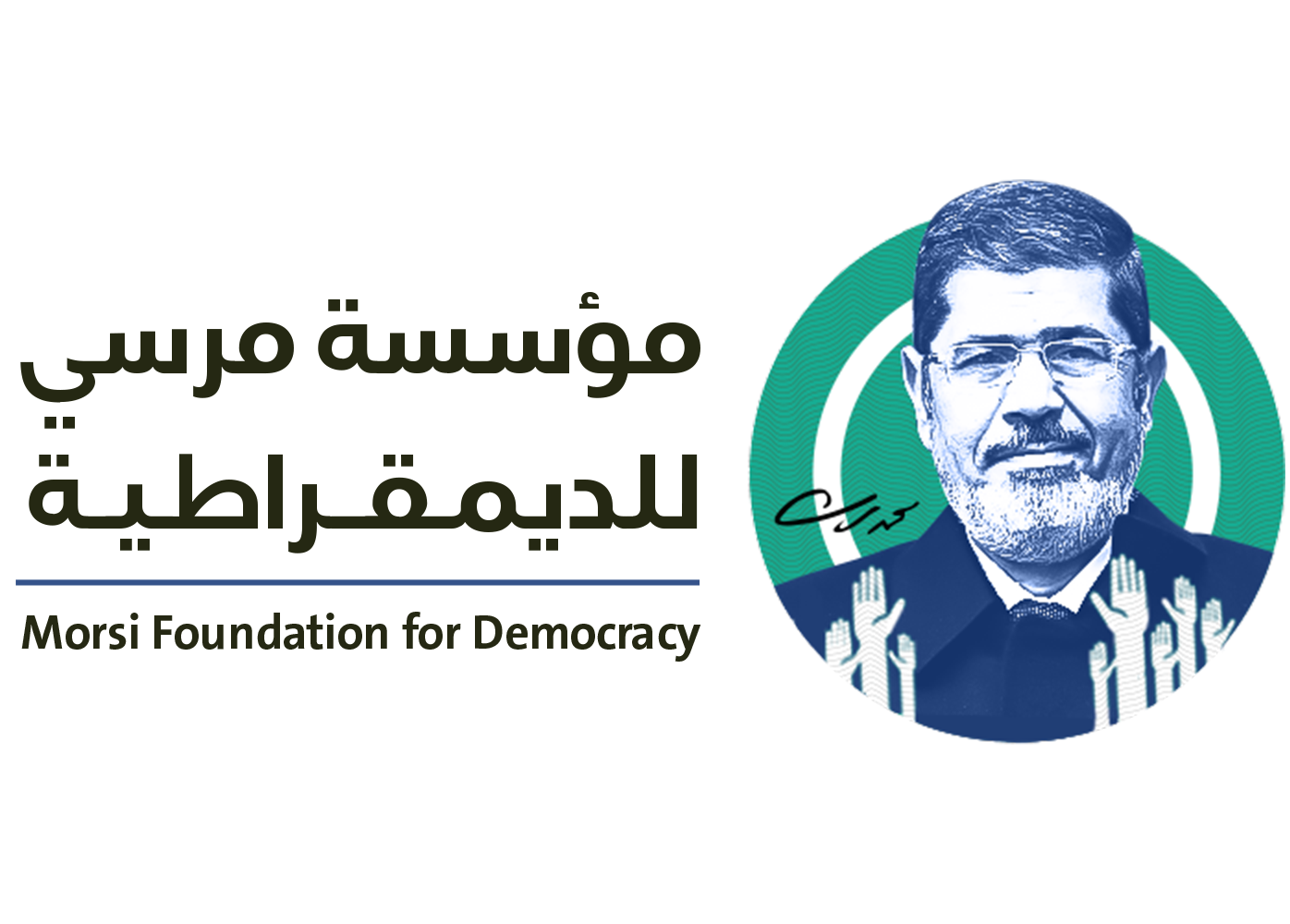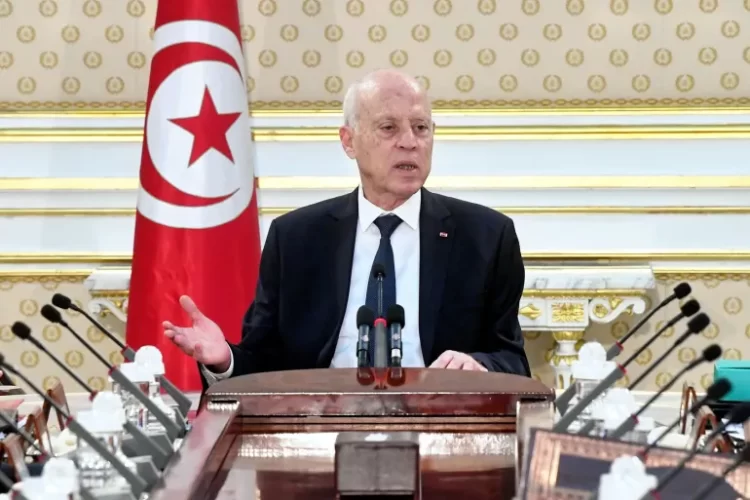The April 18 arrest of Rached Ghannouchi represents a dramatic escalation of Tunisian President Kais Saied’s assault on the political opposition. The leader of the Islamist oriented Ennahda Party and speaker of the former parliament, he is the most prominent of some 20 leaders arrested by the regime. One American analyst tweeted that some of 100 officers who searched Ghannouchi’s home repeatedly asked where the gold and jewelry were hidden. However strange, this effort to literally uncover a presumably hidden fortune suggests that the security forces subscribe to the conspiracy theories that Saied—and his allies in the online media—have spread with considerable success.
A key ingredient in Saied’s conspiratorial worldview is his conviction that western powers are trying to impose market reforms designed to prop the very corrupt elite who, he claims, brought Tunisia to its present economic crisis. Invoking this theme, on April 6 Saied rejected a $1.9 billion International Monetary Fund (IMF) bailout package for Tunisia. Insisting that Tunisia “is not for sale,” Saied claimed that unnamed “internal” forces are selling “Tunisia to foreign interests,” and warned that Tunisians “must rely on” themselves. Saied made this statement at the tomb of President Habib Bourguiba—and on the very day marking the anniversary of his passing—thus signaling his resolve to sustain the legacy of defiant nationalism bequeathed by the founder of the modern Tunisian state. But as fate would have it, nearly two weeks later the United States Embassy announced the delivery of 25,000 metric tons of wheat. The timing of this embassy statement prompted a wave of criticism from Tunisian bloggers who pointed out that Tunisia was increasingly dependent on the US for its food supplies, even as the president was courting non-western powers—especially China—in his bid to defend Tunisia’s sovereignty and self-reliance.
As these and other critics have noted, there is no obvious alternative to working with the European Union and the United States, not to mention the IMF and the World Bank. China and Gulf Arab states lack the means and even political will to rescue Tunisia. Neither can the Shanghai-based New Development Bank funded by BRICS (Brazil, China, Russia, India, and South Africa) be a substitute for the IMF. Apparently aware of these complex realities, Tunisia’s Prime Minister Najla Bouden and her Minister of the Economy and Planning Samir Saied have been trying to save the IMF deal. Their tricky endeavors underscore the deep contradictions that animate Saied’s authoritarian project, not to mention the potentially fractious coalition of forces he has assembled to advance it. But his ministers are unlikely to defy a president who still commands wide support. Thus, it may take a total economic collapse to discredit Tunisia’s ambitious autocrat and the toxic mix of fantasies and resentments that Saied has championed in the name of the “people.”
Saied’s challenge has been to sustain a loose coalition of groups whose tacit or explicit support is rooted in their shared fears and resentments, rather than in a common economic or political vision. Estranged youth, beleaguered middle-class businesspeople and professionals, the liberal intelligentsia, and vulnerable blue- and white-collar public sector workers all resent a political class that for seven years seemed paralyzed by petty personal, family, and ideological struggles. Ennahda leaders (especially Ghannouchi) who had been in government since the revolution in 2010-2011 became the lightning rod for these sentiments—a state of affairs that helps to explain the absence of mass protests against Ghannouchi’s arrest. At the same time, however, criticism of, or unhappiness with, the president’s economic policies seem to be growing.



